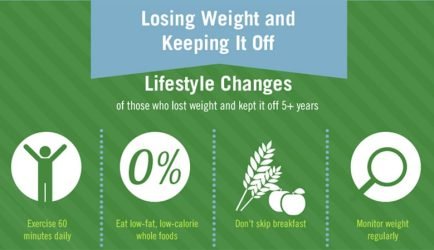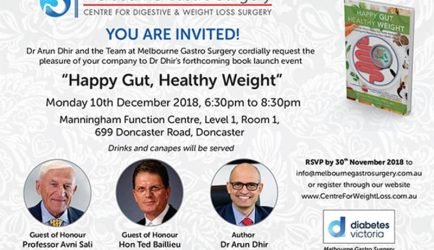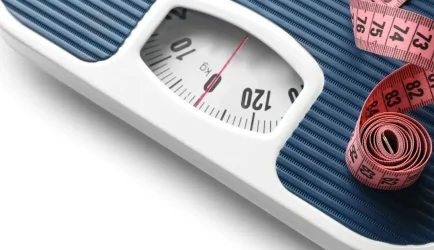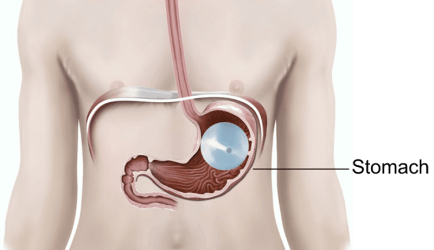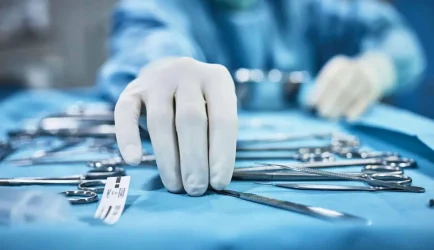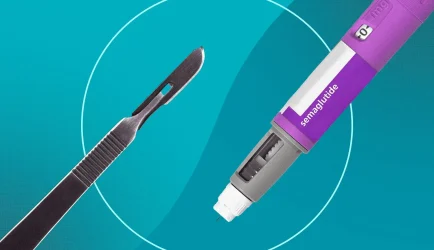Gastric sleeve surgery, also known as sleeve gastrectomy, is one of the most popular and effective weight loss procedures today. However, for some patients, a new challenge may emerge after surgery: acid reflux after gastric sleeve.
This blog explores why reflux happens after sleeve surgery, the signs and symptoms to watch out for, and how to manage or prevent it.
What you should know about acid reflux after gastric sleeve surgery?

Gastric sleeve surgery also called sleeve gastric to me has become a very popular and effective procedure for weight management. This procedure involves removal of 60 to 70% of the stomach predominantly removing the gastric fundus, a part of the stomach that produces the hunger hormone called ghrelin. This significantly reduces the volume of the stomach thereby reducing the portion size and feelings of hunger that individuals experience.
In this article we will look further into the reasons for acid reflux that individuals who have had gastric sleeve surgery get experience and some of the strategies in managing and preventing it.
Why acid reflux is an issue after sleeve gastrectomy?
Almost 70 to 75% of the stomach is removed resulting in a long tube like structure giving it the name gastric sleeve. With a reduction in the volume of stomach it leads to a proportionate change in the pressure within the stomach leading to greater incidents of acid going up into the food pipe creating symptoms of acid reflux.
This alteration in pressure can lead to sometimes mild reflux or in certain instances significant reflux leading to alteration and progression to Barrett’s oesophagus, a precancerous condition. Hence recognising the symptoms and managing them under the supervision of a specialist is extremely essential.
Symptoms to Watch For
Recognizing the signs of acid reflux after gastric sleeve is key to early intervention. Common symptoms include:
- Burning sensation in the chest (heartburn)
- Sour or bitter taste in the mouth
- Regurgitation of food or liquid
- Difficulty swallowing (dysphagia)
- Chronic cough, hoarseness, or sore throat
Some individuals might experience what is called silent reflux. As the name suggests silent reflux refers to damage caused to the food pipe without the usual symptoms of heartburn. This can also sometimes be referred to as atypical reflux.
What Is Silent Reflux?

Silent or atypical reflux is a condition that does not produce the typical symptoms of heartburn instead due to the constant irritation of throat and upper airway it produces many subtle or silent symptoms such as
- Chronic throat clearing
- Hoarseness
- Post-nasal drip
- Difficulty breathing or asthma-like symptoms
- Bad breath
Due to lack of typical symptoms, silent reflux can go unnoticed for a prolonged period of time specially after a gastric sleeve surgery. This is where it is important to lookout for early signs of warning.
When Reflux Becomes a Problem
While mild reflux may be manageable with lifestyle changes, persistent or severe reflux can negatively impact quality of life and even lead to complications like esophagitis, Barrett’s esophagus, or dental erosion.
Reflux becomes concerning when:
- It occurs multiple times a week
- It disrupts sleep
- There is difficulty swallowing
- Medications offer no relief
It is important to seek out specialist opinion and organise investigations, discuss treatment options in a timely manner.
Treatment Options
Managing reflux after gastric sleeve may involve a combination of lifestyle, medication, and in some cases, surgical interventions:
1. Lifestyle Modifications:
- Eating smaller meals
- Avoiding late-night eating
- Elevating the head of the bed
- Avoiding trigger foods (spicy, acidic, caffeine, chocolate)
- Losing weight (if regain has occurred)
2. Medications:
- Proton pump inhibitors (PPIs)
- H2 receptor blockers
- Antacids for occasional relief
3. Endoscopic or Surgical Options:
If symptoms are persistent despite optimal medical therapy, surgical options may be explored:
- Conversion to gastric bypass (RYGB): Gastric bypass after Sleeve Gastrectomy is often the definitive treatment for severe reflux.

- LINX device (a ring of magnetic beads placed around the LES, though less common post-sleeve)

Preventing Reflux Post-Surgery
The best strategy is prevention. Surgeons often assess reflux risk preoperatively, and patients with a history of GERD may be better suited for a gastric bypass rather than a sleeve.
Pre-Surgical Tips:
- Undergo thorough GERD assessment (endoscopy, pH monitoring)
- Discuss reflux history openly with your surgeon
Post-Surgical Tips:
- Follow dietary guidelines strictly
- Stay upright after meals
- Avoid tight clothing that puts pressure on the abdomen
Final Thoughts

Acid reflux after gastric sleeve surgery can become a significant cause for concern if it is not identified and treated early. Prevention is always better than cure. At Body Genesis Institute, our surgeons are experienced in providing surgical and non surgical solutions including investigations for managing acid reflux after gastric sleeve surgery.
If you are experiencing GERD following your gastric sleeve surgery, then do not hesitate to contact us photo consultation with one of other friendly doctors.
To learn more, watch this video by Dr. Arun where he explains the causes and solutions for acid reflux after gastric sleeve surgery.
FAQs
Q: Is acid reflux common after gastric sleeve surgery?
Yes, studies suggest that up to 30% of patients may develop new or worsened acid reflux after sleeve surgery.
Q: What causes GERD after a sleeve gastrectomy?
The altered stomach anatomy, increased pressure, and a potentially weakened LES contribute to GERD.
Q: What are the symptoms of reflux after gastric sleeve?
Typical symptoms include heartburn, sour taste, regurgitation, and chronic cough.
Q: How long does reflux last after the surgery?
For some, it may be temporary and resolve within months. Others may experience persistent reflux requiring treatment.
Q: Can reflux after gastric sleeve be treated without medication?
Mild cases may respond to lifestyle changes, but moderate to severe cases often require medication.
Q: Will I need revision surgery for reflux after gastric sleeve?
If reflux is severe and unresponsive to other treatments, conversion to gastric bypass may be necessary.
Q: What’s the difference between silent reflux and regular reflux?
Silent reflux lacks typical heartburn symptoms and primarily affects the throat and airways.
Q: What is the major risk of not treating reflux after Gastric Sleeve that is persistent?
The major risk here is the progressing of GERD into Barretts Oesophagus which is pre cancerous and can develop into Oesophageal cancer.




